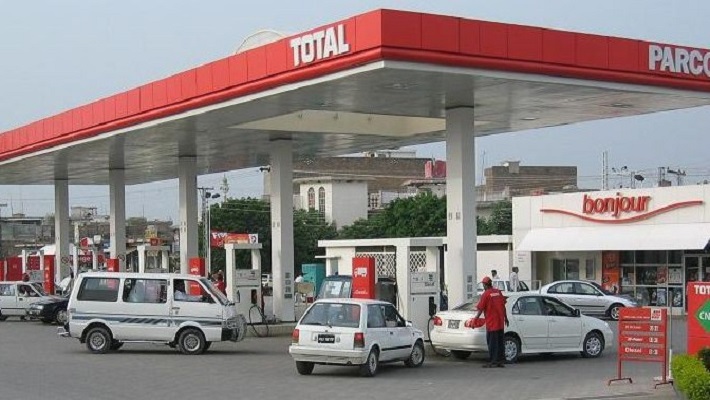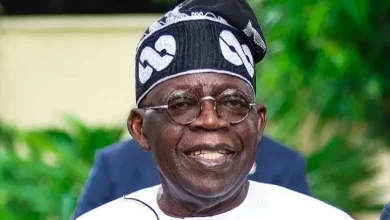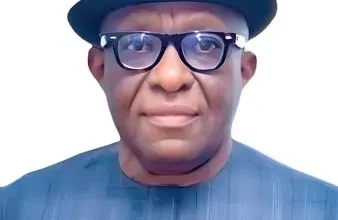Lead
PENGASSAN urges NMDPRA to enforce transparent pump pricing template

The Petroleum and Natural Gas Senior Staff Association of Nigeria (PENGASSAN) has urged the Nigerian Midstream and Downstream Petroleum Regulatory Authority (NMDPRA) to enforce a transparent pump pricing template.
President of the union, Mr Festus Osifo, made the call at a World News Conference in Abuja on Monday.
Osifo said the call became necessary seeing that petroleum marketers have continued to exploit Nigerians through inflated fuel prices even with the decrease in the price of crude oil.
According to him, at the time crude oil was being sold at 60 dollars per barrel, petrol pump prices remained high at between N850 and N900 per litre, leaving consumers at a loss.
“The unjustifiable pricing is due to NMDPRA not being able to carry out its oversight duties effectively.
“It is the function of the regulator to ensure that Nigerians are not exploited.
“So we call on NMDPRA to have a platform where they can publish what the price ranges should be.
“So, we call on them to be allowed to carry out that responsibility. We call on them to do everything possible to ensure that Nigerians are not exploited.
“If this trend continues, it means that if the crude price comes down to 50 dollars per barrel, we will not see appreciable gains,” he said.
He praised the federal government signing the Executive Order on the upstream oil and gas industry especially as it relates to the need for companies to reduce the cost of operations.
“One of the challenges affecting us today in the Nigerian oil and gas industry is that the amount upstream companies spend in protecting their facilities, both on land, in the sea, shallow waters, deep waters, and others, is quite prohibitive.
“For one installation, you have a minimum of three or four security vessels. You then have to pay for them on a daily basis.
“You pay for the crew on a daily basis. You have to fuel them on a daily basis. Whereas in other countries, it is not like that,” he lamented.
Osifo identified the above mentioned situation as one of the primary reasons international oil companies (IOCs) have been exiting Nigeria.
While speaking on the persistent failure of Nigeria’s refineries to operate effectively, he reiterated the call on the federal government to adopt PENGASSAN’s recommendations made 15 years ago.
According to him, the recommendations of the NLNG model, where government holds 49 per cent and private investors hold 51 per cent should be adopted.
“We all understand the politics that comes in when it comes to national assets management.
“That is why in the past 15 years or more, we have called on the government consistently to apply the NLNG model in the management of the refineries because the model works,” he said.
He also explained that the union had reached a resolution with Sterling Oil Company following disputes over expatriate staff hiring practices.
NAN



